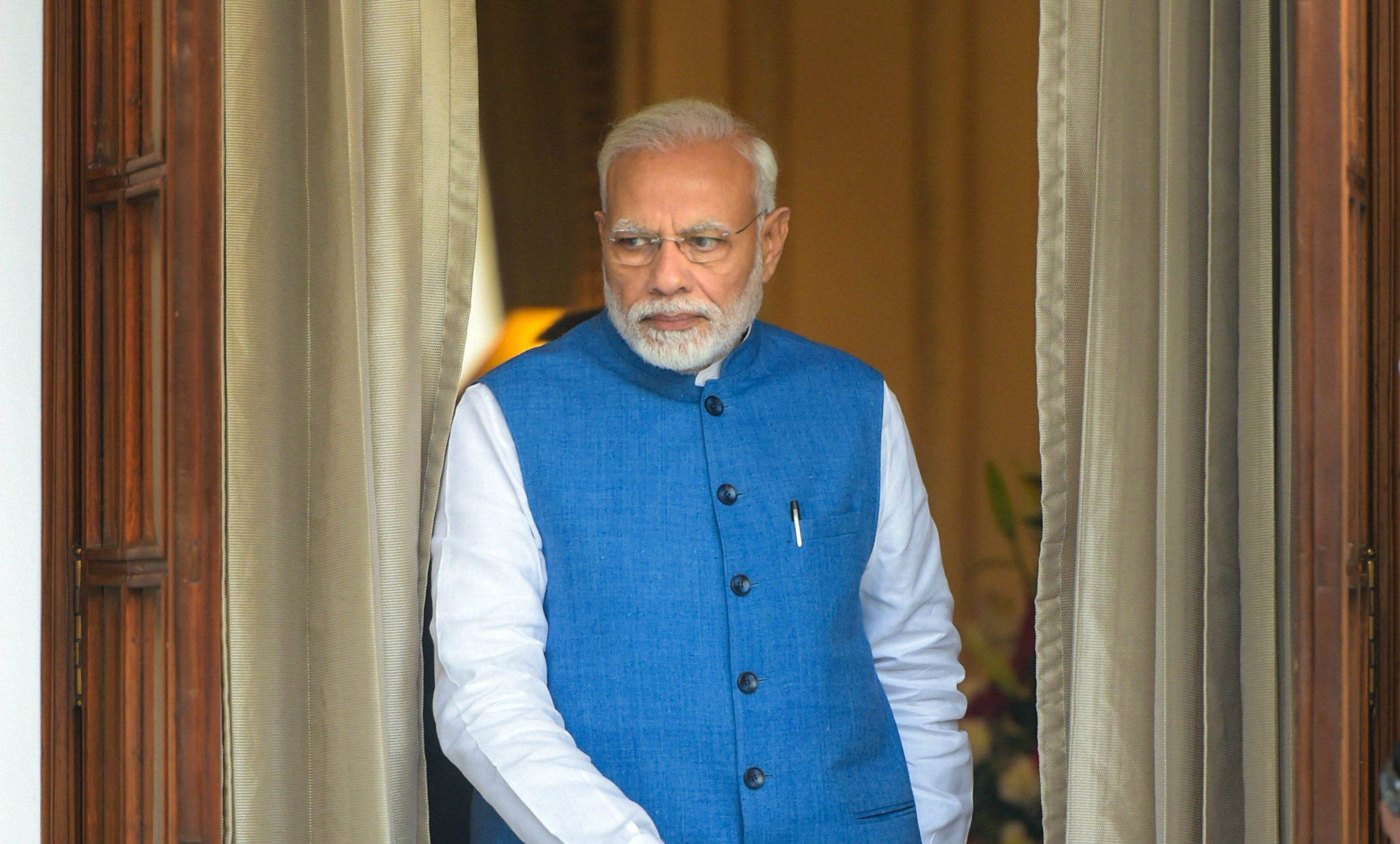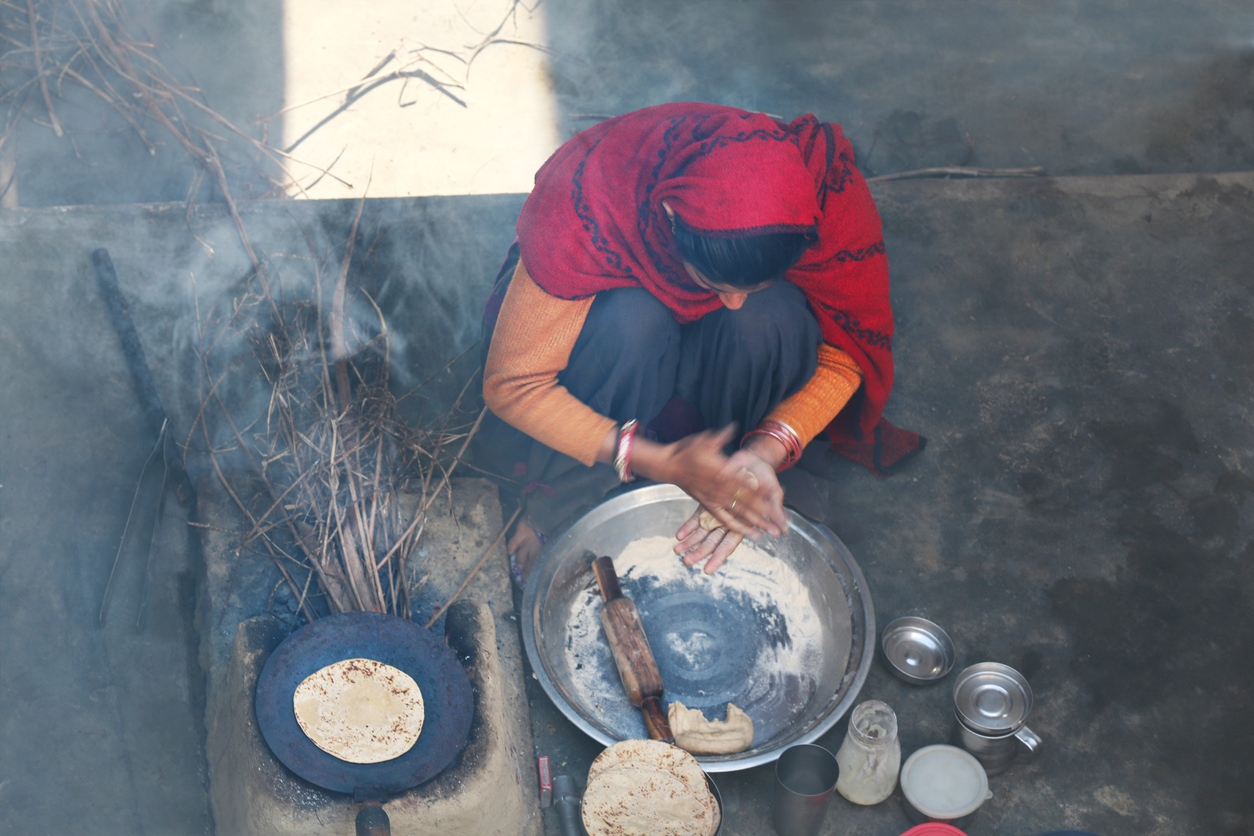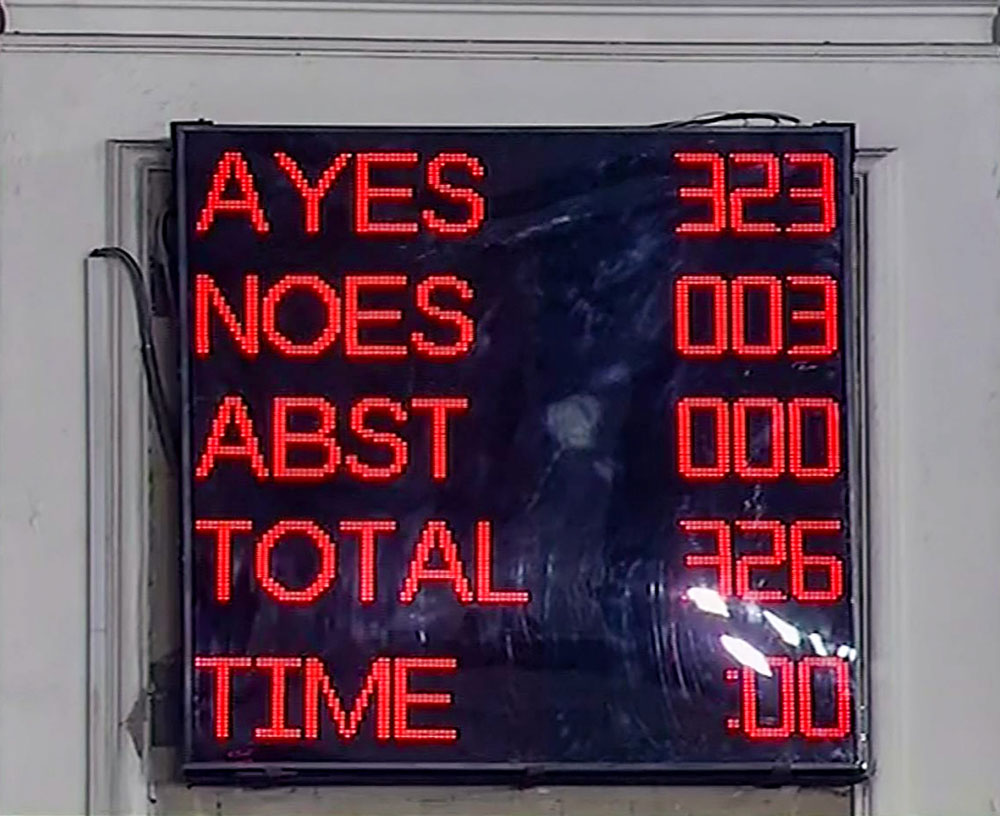Prime Minister Narendra Modi chose to remain in the background and made a late appearance in Parliament as the Lok Sabha passed a constitutional amendment bill to provide 10 per cent reservation in jobs and educational institutions to the “economically weaker sections”.
Modi uncharacteristically refrained from speaking on the “historic” occasion, confining his participation to the voting on the constitutional amendment, although a party colleague called him the “Ambedkar of the 21st century”.
Many in the BJP fear that the literally last-ditch attempt — Tuesday was the last day of the winter session of the Lok Sabha — to woo the upper castes may not go down well among the OBCs. Some BJP leaders cited this apprehension while drawing attention to Modi’s seeming reluctance to publicly take ownership of the economic quota.
Later in the night, the Prime Minister posted tweets and asserted his government’s commitment to the “poor” irrespective of “caste or creed”. “We are resolutely committed to the principle of ‘Sabka Saath, Sabka Vikas’,” he said in the tweets in English. No Hindi version of the tweets had been uploaded till midnight.
With most parties, including the Congress, extending support to the bill aimed primarily at wooing the upper castes, the bill was passed 323-3 in the Lok Sabha.
By then, Uttarakhand chief minister and BJP leader Trivendra Singh Rawat had declared in Dehradun: “Narendra Modi is the Ambedkar of the 21st century. Son of poor parents himself, he has thought about the poor of all sections of the society.”
In the Lok Sabha, the bill had a smooth sailing. But some concerns were flagged.
The chief among them:
What is the use of reservation if there are only a few government jobs? “On the one hand, a large number of existing jobs were lost because of demonetisation and we are not able to create new opportunities for employment,” said Anandrao Adsul from the Shiv Sena, a BJP ally, who welcomed the economic quota.
He added that the Modi government had promised to generate 2 crore jobs every year but that had not happened.
Uttar Pradesh ally and Apna Dal leader Anupriya Patel, who is a Union minister, also said there were hardly any government jobs. The government should ensure reservation in the private sector, she said.
She also reminded the government of the promise to release OBC caste census data in 2021 and asked whether the government was ready to provide reservation according to the proportion of the OBC population. “The OBC population is said to be 50-60 per cent but the reservation quota is only 27 per cent,” she said.
BSP leader Mayawati and the Samajwadi Party have also made similar demands outside the House.
AIADMK leader M. Thambidurai, whose party is known to be friendly to the government, opposed the economic quota and supported social justice. He said the admission that economic quotas were needed suggested that the government’s welfare schemes had failed to deliver. The AIADMK leader walked out of the House in protest.
One MP who firmly opposed the bill was Asaduddin Owaisi. He said the bill was against the spirit of the Constitution that seeks to provide reservation for the socially and educationally backward sections.
With the Prime Minister busy elsewhere till the evening, finance minister Arun Jaitley was fielded as the key speaker from the government.
Some of the key contentions made by Jaitley:
Most parties, including the Congress, had supported the measure in their poll manifestoes. The Congress and the others must “walk the talk” and support the bill “wholeheartedly” and “not grudgingly”.
The Supreme Court’s cap of 50 per cent applied to caste-based quotas, not to reservation under economic criteria.
The bill will come into effect once passed by Parliament and doesn’t need to be ratified by 50 per cent of the state Assemblies.
Social justice minister Thaawarchand Gehlot, who moved the bill, said the court would not intervene since the economic quota was being brought in through a constitutional amendment.












